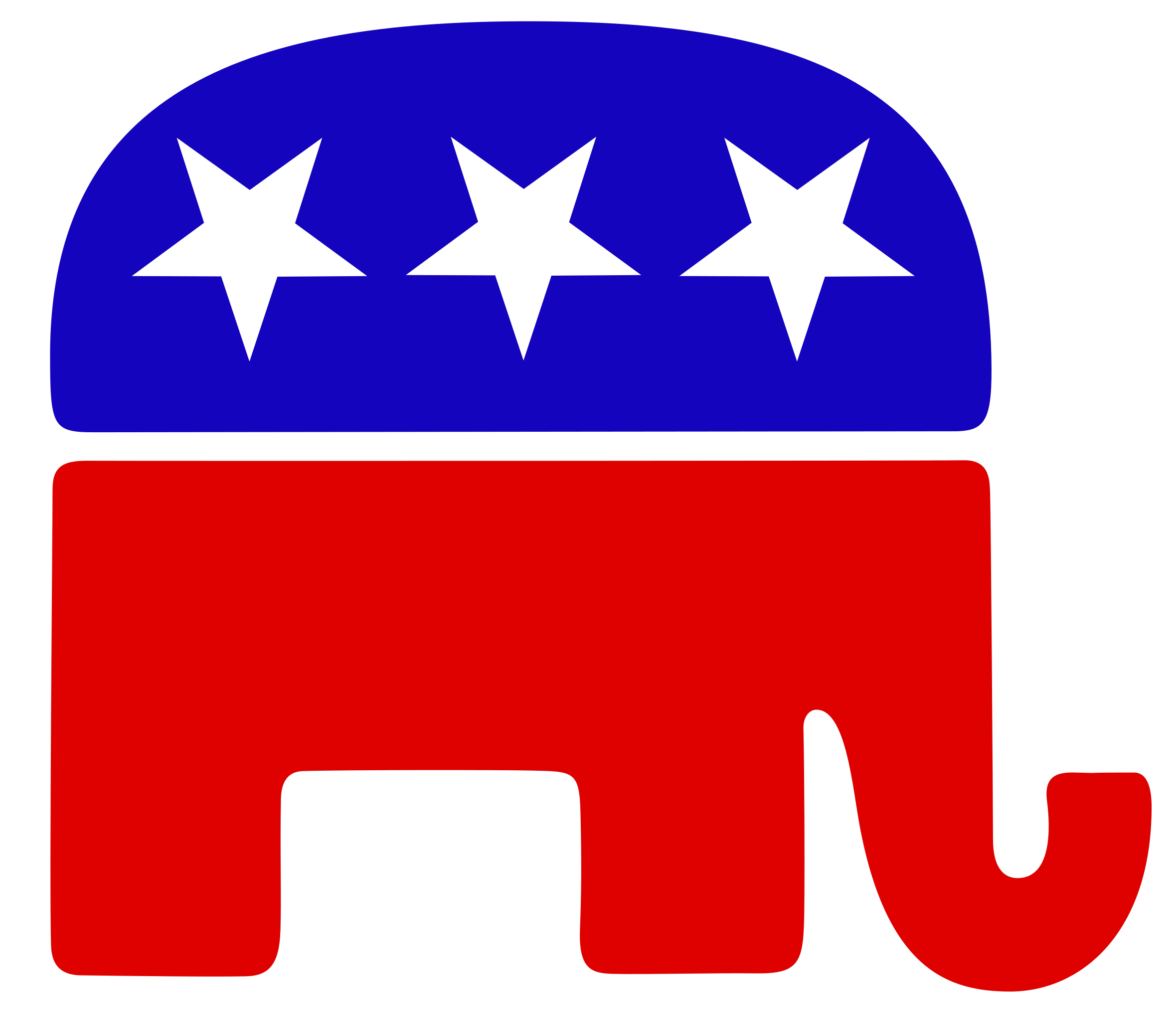By Dr. Jennifer Mercieca
A “Trump or death” banner unfurls in Yankee Stadium. A Proud Boy convicted of participating in the January 6th insurrection shouts, “Trump won!” as he heads off for ten years in prison. Millions of supporters send Trump’s campaign donations after each of his criminal indictments. Though 63% of Americans have an “unfavorable” view of Donald Trump, and 51% of Americans believe that his actions to retain the presidency were likely “criminal,” many Americans have refused to accept reality.
America has a con man problem, and these Americans are his victims.
“Although the confidence man is sometimes classed with professional thieves, pickpockets, and gamblers,” wrote David Maurer in his classic 1940 study of American con men, “he is really not a thief at all because he does no actual stealing. The trusting victim literally thrusts a fat bankroll into his hands.” The con man’s victim is their “mark,” a person who wants what the con man promises them so badly that they’ll give him all their money (repeatedly) and refuse to let the con end—even after the con man has revealed that he cheated them. Trump’s supporters are his marks; he has conned them out of their money and their democracy.
A typical con game works by relying on the mark’s lack of integrity. The con man earns the confidence of their mark by convincing the mark that the two of them are a team and together, they will cheat their way to success. According to Maurer, the mark has “what grifters term ‘larceny in his veins’—in other words, he must want something for nothing or be willing to participate in an unscrupulous deal.” Con men only succeed in fleecing their marks because the mark is willing to cheat to win: “In the frenzy of cheating someone else,” the mark “is unaware of the fact that he is the real victim, carefully selected and fatted for the kill.”
The con man profits by promising his marks a sure thing—typically, that’s easy money, but in politics, the parallel case is the con man promises an easy victory over the hated opposition, passing favored policies or things like vengeance, protection, or restoring status. The political con man understands how basic human psychology—cynicism, fear, motivated reasoning, and desire for status—can be used against their victims.
Just like a financial con man, the political con man promises to rig the political game so that the mark always wins while actually rigging the game so that the mark always loses.
Since Donald Trump ran for president in 2015, we have become a nation of “marks”—the victims of a political con man. He called his con game being “politically incorrect” during his campaign and being “modern-day presidential” when in office, but really, Trump used communication as a weapon to rig the democratic rules of the game. Trump’s marks aren’t the only ones who’ve lost, of course. We’ve all lost the stability of our democracy.
Trump’s supporters cheered him on while he lied, attacked, insulted, and threatened his opposition—they were a team, they thought, and he was cheating for them. He used these anti-democratic strategies to lure his marks into supporting him with their loyalty, money, and votes. His marks knew that he rigged the 2016 election by the way he communicated, and they cheered him on because they thought they weren’t just in on the con but the payoff, as well.
For example, early in his presidency, Trump fraudulently accused the Obama administration of spying on his campaign. Daniel Dale spoke with Trump voters in Ohio about Trump’s lies about American national security, the rule of law, and the democratic process. Dale found that Trump’s voters loved Trump’s lies.
“What he was wanting to do was keep things stirred up, so it was all confused. He said he was going to do that from the time he started running for the election,” said Trump voter John Tolliver.
“I think that was just something just to rattle Obama. I don’t think any less of him because of it. As long as he don’t keep it up continuously — every once in a while, sure, take a little stab and crack at him or something. You expect that. He’s a humorous guy,” said Trump voter Wes Grumme.
“I think Trump just did that to freak them out — they were giving him bad times, so he gave them bad times. Mess with their brains. I like that because we’ve had so much crap in Washington for years, and now we have someone shaking ’em up really good,” said Trump voter Robin Pierce.
Trump’s marks liked his lies because they thought he was lying for them, not to them. That’s how his supporters became the classic “mark” of a conman. And, yes, it’s a classic example of the “leopards eating my face” meme.
Trump’s marks voted for him to be president in 2016 and in 2020, they stormed the Capitol for him, and they’ll vote for him again in 2024. Trump’s biggest marks buy Trump merch, wave Trump flags, donate their money to Trump’s campaign, and go to jail for him. Trump’s biggest marks are in deep, and they need “cooling out”—but who can do it and how?
Con men have a few strategies to “cool out” their marks once they’ve been conned, but often, con men find that their marks are true believers who refuse to be cooled. “The rather remarkable but well-established fact is that men who have been beaten once will come back again—and again, and again,” Maurer wrote in his 1940 study: “Truly, ‘you can’t knock a good mark’.”
Sociologist Erving Goffman wrote about the problem of cooling out a mark as “a process of adjustment to an impossible situation—a situation arising from having defined himself in a way which the social facts come to contradict.” Trump’s marks have defined themselves as “Trump supporters,” and Trump has used ad populum and American exceptionalism strategies to define his marks as “real Americans,” “the smartest,” and the “most patriotic.” Those are very appealing identities that Trump’s marks won’t easily relinquish. If Trump is a con man and criminal, then Trump’s marks lose the special status that Trump gave to them.
In situations like this, Goffman writes that marks must be “supplied with a new set of apologies for himself, a new framework in which to see himself and judge himself.” Sometimes, marks can be cooled out by giving them another chance to play the con or giving them another way to earn the same status. In this case, Trump’s marks need another chance to be “real Americans” and “patriots,” but they need to be able to achieve that status by rejecting Trump.
To separate the con man from his victims, the mark’s friends, family, and high-status members of the media and politics need to help Trump’s marks to save face. Repeat messages like “Trump is the greatest con man who ever lived,” “Trump conned good patriotic people, like you,” and “All good American patriots now reject Trump.”
These kinds of messages could be effective, but it’s tricky to get Trump’s marks to reject him because of the classic conundrum facing all con men’s victims: they must admit their own “criminal intentions.” Since Trump’s marks liked Trump’s lies, if they admit that they’re his marks, then they must admit that they’re liars who liked his anti-democratic lies in the first place. They must admit that they themselves lacked integrity; they were willing to be democracy-threatening cheaters—that they were part of the cheating team. Instead, they’re more likely to say democracy isn’t worthwhile anyway.
To help Trump’s marks save face and cool them out, it might be helpful for their friends, family, and high-status members of the media and politics to repeat messages like: “Trump knew what he was doing, he knew he was attacking American democracy, his supporters didn’t—they’re not the criminal, he is.”
Unfortunately, no one wants to cool out Trump’s marks. The Republican Party benefits from Trump supporters’ refusing to be cooled out. Trump keeps conning his marks out of money and votes. The Democratic Party doesn’t want to cool out people who actively despise them and have tried to overthrow the government. So, we have a national “cooling out” problem—who can give Trump’s marks a new status, one that supplants the one Trump gave them but doesn’t activate their feelings of humiliation? And why should we bother? Because appealing to people’s feelings of humiliation is a key strategy of fascists. We need to cool out Trump’s marks to defend democracy in America.












